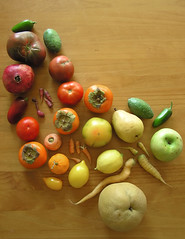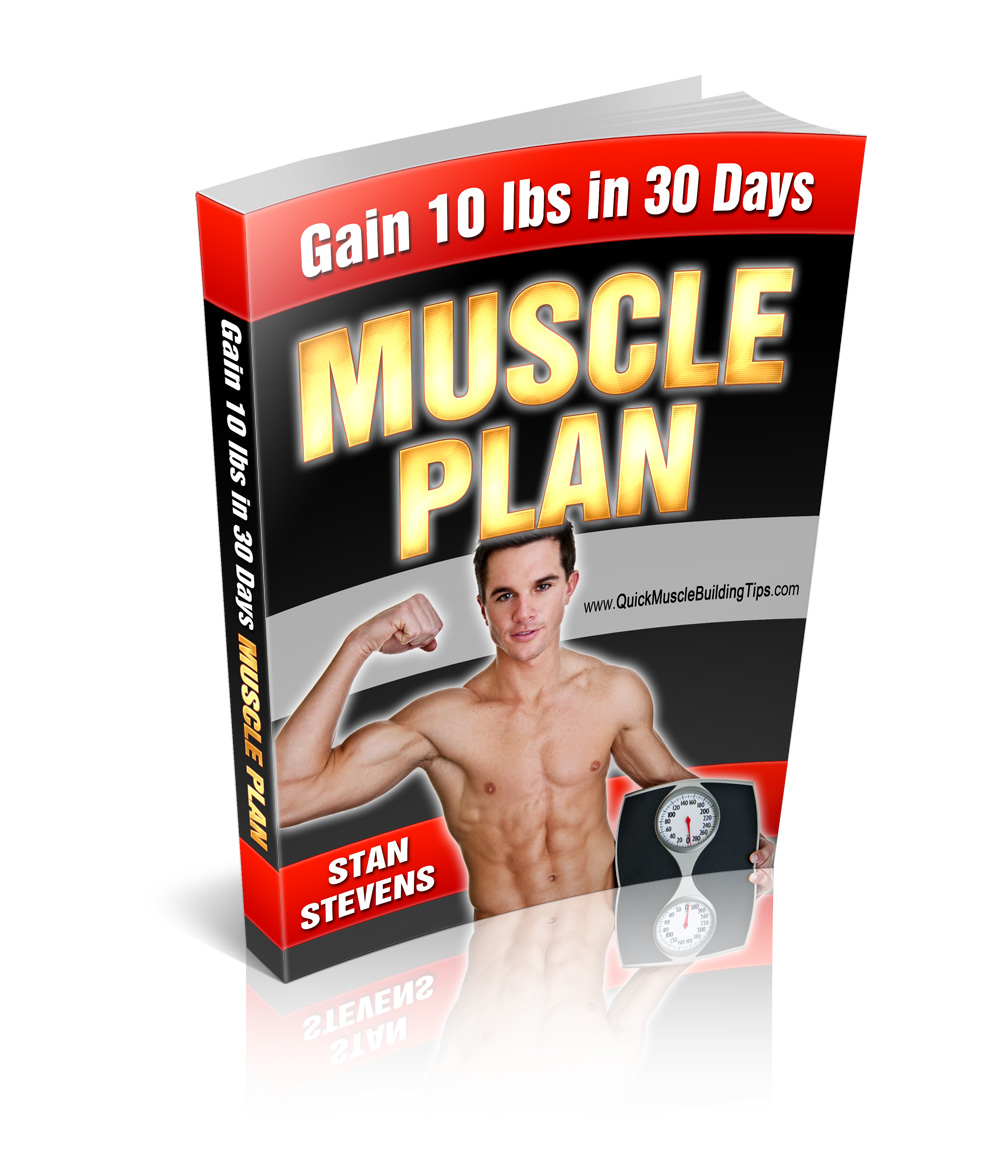So you hear it all the time. You need to eat your proteins. Get in your calories. But what about Vegans? Can vegans build muscle? Well guess what. If you’re a vegan then you’re in luck. (I’m sure you already knew that though) Here’s a great article that is very through on the subject by Jeffery Morgan.
========
A vegan with muscles is not a far-fetched thing anymore. I mean the result can be seen everywhere, when they prove to be equal to the non-vegans. Veganism cannot result in a bad and fragile health with lack of strength and muscles. The thing can be both ways, sometimes people who are non-vegans are not that fit and healthy as compared to the vegan people. People all around the world following a vegan diet; have demonstrated their power and strength in body building and athletic competitions. The main idea lies behind what you eat, how much you eat and when you eat.
in a bad and fragile health with lack of strength and muscles. The thing can be both ways, sometimes people who are non-vegans are not that fit and healthy as compared to the vegan people. People all around the world following a vegan diet; have demonstrated their power and strength in body building and athletic competitions. The main idea lies behind what you eat, how much you eat and when you eat.
WHAT YOU EAT?
It is important to determine, how much nutrition you take in a day to meet the expectations of your body. For starters, the ideal consumption is around 45 calories per kg of their weight. The total body consumption of calories comes to be body weight X 45. Eating in the right manner is very important for your body in able to help you gain the muscular portion. Maintain your dietary pattern in a way that you eat more when you do heavy and core strength training and eat less when you do light exercises. This will provide a balance to your body revving up the metabolism and increasing the muscle recovery time. This way you will not pile on calories on the days when you are not exercising. People, who are addicted to drugs, face a difficulty in gaining muscle mass because they lose fat and gain muscles at the same time.
Important thing is the balancing of the diet being divided among the right amount of proteins, carbohydrates and healthy fats. Protein is the main source of muscle development. When starting the training programme, the average requirement is around 3 grams per kg of the weight. Protein intake should be evenly distributed throughout the day because we cannot ingest more than 30 grams of intake in a 2 hours time. The absorption of the protein increases after a heavy round of training. The best vegan sources are tofu, chickpeas (hummus), tempah, soya, lentils, beans, both red and black, vegetable patties, peanuts in raw form or peanut butter etc. Amino acids present in the protein help in building the muscles. You can create a balanced diet out of cereals, nuts, seeds and legumes. Protein can also be taken in the powdered form like dry vegan soy or pea hemp protein powder.
Carbohydrates are the main source of energy and fuel to our body. Carbohydrates provide a good amount of strength to perform the daily chores as well as a good workout regime. The daily intake should be around 55% of the calories required per day in the form of carbohydrates. To calculate it in grams, half the amount of calories required in a day, then divide it by 4. You will get the grams required as 1 gm of carb contains 4 cals. Sources include brown bread, wheat pasta, whole grains, oats, spinach, beans, potatoes, tomatoes and broccoli. Choose complex carbohydrates over simple ones and the better method to select your food is through the glycemic index ratings. Those foods which have a lower GI are healthier because they do not cause a drastic change in the glucose levels.
The unsaturated fats present in the food are healthier and can be easily sourced from fish, walnuts, flaxseeds and their oil, healthy oils like extra virgin olive oil, leafy vegetables, avocados, coconut milk etc. The food should be rich in both types of omegas i.e.; 3 and 6. Avoid diets that are high in saturated fats. Vegans must include omefa fatty acids in their diet to maintain healthy cardiovascular as well as healthy brain systems.
WHEN TO EAT?
It is very important to distribute the diet evenly in a day to have a high metabolic rate, easy digestion and continuous supply to the muscles. One should aim at following 4-5 meals distributed evenly. The meal after a workout session is an important one as your body feels the deficiency and needs to be loaded immediately to gain the muscle mass. Balance between the carbohydrates, protein and fats. You can also opt for the protein supplements immediately after working out along with a banana. Your body is in need of calories after waking up; do not skip breakfast at all. In fact, this should be the most important meal in your day and should include fruits, cereals, milkshakes and eggs.
HOW MUCH TO EAT?
Heavy muscle building requires a heavy workout session with intense weight training and a good amount of diet with a considerable amount of calorie intake. You can adjust the diet on non-active days as per the body needs. Roughly, the following needs to be applied:
Daily calories required= Weight X 45
Daily carbs required= Daily calories required X1/2 ÷ 4
Daily protein required= Weight in kgs X 3 Grams
Daily fat required= Daily calories required X 1/5 ÷ 9
Have a good warm-up before starting an exercise programme. Vegans can follow the same exercise regime as non-vegans, concentrating on the intense workouts and compound weight training programmes. The reps should be stressed upon as they bring the results if done under the supervision of a professional trainer. Nothing can hold back Vegans, from not able to achieve the desired muscular frame.
Source: http://www.business2community.com/health-wellness/can-vegans-build-muscles-0158337
=======
That is a great through article. I found another article by Jason Ferruggia that backs this up. You can read the full article here.
http://www.criticalbench.com/build_muscle_vegetarian_diet.htm
If you like to read interviews, I found a good one about how vegetarians can build muscle here.
I found this video of a guy who is a vegan that works out. He doesn’t give as through of tips as above but look at his strength.
|
Gain 10lbs of Muscle in 30 Days?
Grab this free Muscle Gaining Plan that includes the workout and diet plan. Just Enter Your Email Below.
|

|

|
We hate spam just as much as you
|


{ 0 comments… add one }